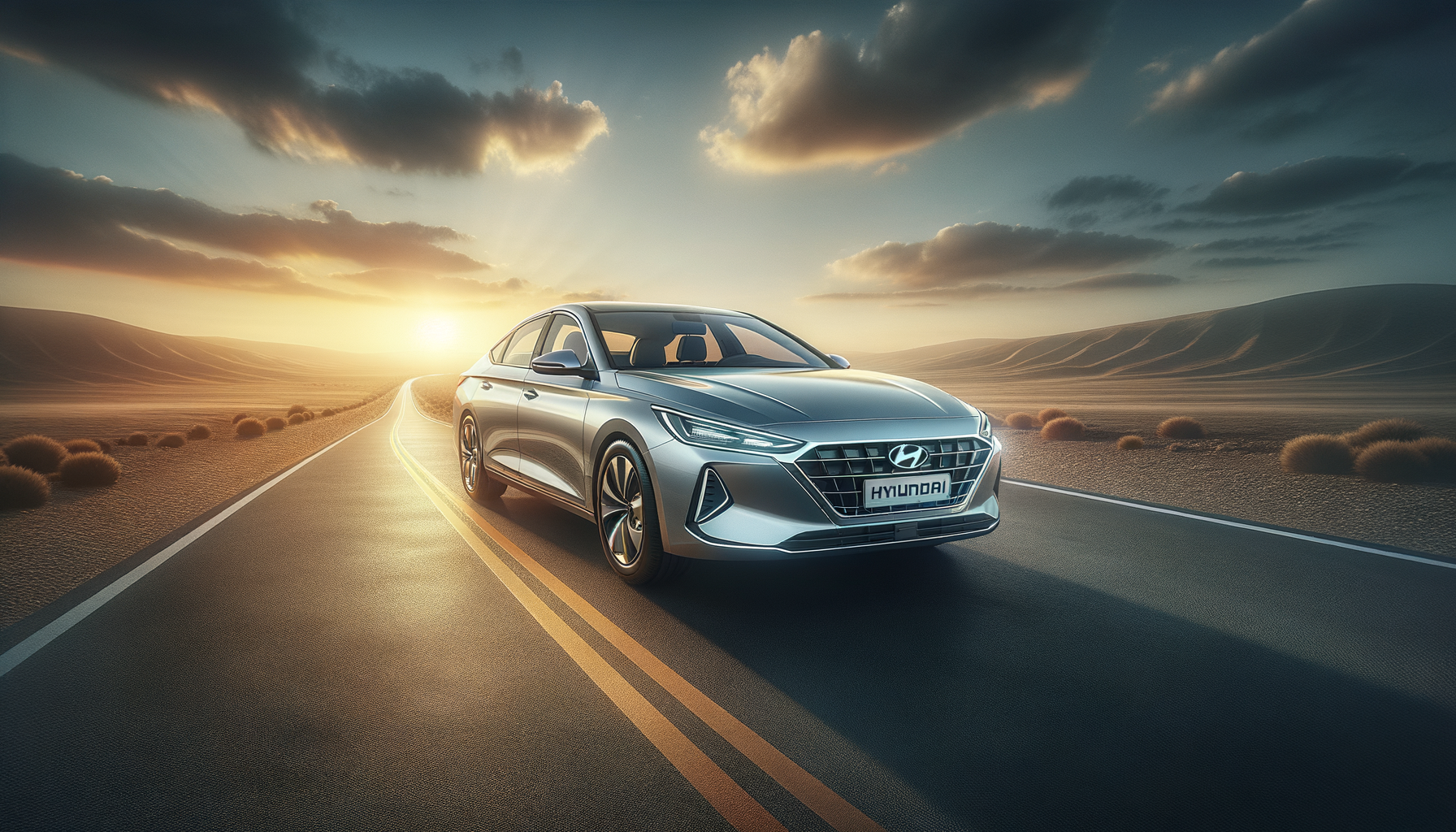Introduction to Hyundai Leasing
Leasing a Hyundai offers a practical and flexible alternative to traditional car ownership. This option allows you to drive a new car every few years without the long-term commitment of purchasing. Leasing can be particularly advantageous for those who enjoy experiencing the latest automotive technology and features without the hassle of selling their vehicle later. In this article, we will delve into the benefits of leasing a Hyundai, explore the financial considerations, and provide insights into making the most informed decision for your lifestyle and budget.
Benefits of Leasing a Hyundai
One of the most compelling reasons to lease a Hyundai is the lower monthly payments compared to buying. Leasing typically involves paying for the vehicle’s depreciation during the lease term, rather than the full purchase price. This results in more affordable monthly payments, making it easier to budget for a new vehicle.
Additionally, leasing offers the advantage of driving a new car every few years. This means you can enjoy the latest models with the newest technology, safety features, and fuel efficiency improvements. For those who appreciate having the latest innovations at their fingertips, leasing provides an excellent opportunity to do so without the long-term commitment of ownership.
Furthermore, leased vehicles are usually under warranty for the duration of the lease, which means that maintenance and repair costs are often lower. This can lead to significant savings over the life of the lease, as major repair expenses are typically covered.
Financial Considerations of Hyundai Leasing
While leasing a Hyundai can be financially advantageous, it’s important to consider certain financial aspects before making a decision. One of the primary considerations is the mileage limit set by the lease agreement. Exceeding this limit can result in additional charges, so it’s crucial to accurately estimate your annual mileage needs before signing a lease.
Another factor to consider is the potential for wear and tear charges. Lease agreements often include guidelines for acceptable vehicle condition upon return. Excessive wear and tear can lead to additional fees, so it’s important to maintain the vehicle according to the lease terms.
Additionally, while leasing offers lower monthly payments, it does not build equity in the vehicle. At the end of the lease term, you will not own the car, which is a consideration for those who prefer long-term ownership. However, many lease agreements offer the option to purchase the vehicle at the end of the term, providing flexibility for those who wish to keep the car.
Comparing Leasing to Buying
When deciding between leasing and buying a Hyundai, it’s important to weigh the pros and cons of each option. Buying a car involves higher monthly payments but allows you to build equity in the vehicle. Once the car is paid off, you own it outright, and you can continue to drive it without monthly payments.
In contrast, leasing provides the advantage of lower monthly payments and the ability to drive a new car every few years. This can be particularly appealing for those who enjoy the latest automotive technology and features. However, leasing does not result in ownership, and there are restrictions on mileage and vehicle condition.
Ultimately, the decision between leasing and buying will depend on your personal preferences, financial situation, and driving habits. Consider your long-term goals and lifestyle needs when making this important decision.
Making the Most of Your Hyundai Lease
To maximize the benefits of your Hyundai lease, it’s important to choose the right model and lease terms that align with your needs. Consider factors such as your driving habits, budget, and desired features when selecting a vehicle. Additionally, be sure to thoroughly review the lease agreement to understand the terms and conditions, including mileage limits and maintenance requirements.
Regular maintenance is key to avoiding wear and tear charges. Adhering to the manufacturer’s recommended maintenance schedule can help keep your vehicle in excellent condition, minimizing the risk of additional fees at the end of the lease term.
Finally, explore the option to purchase the vehicle at the end of the lease if you find that it meets your needs and preferences. This can provide a seamless transition to ownership if you wish to keep the car beyond the lease term.




Leave a Reply